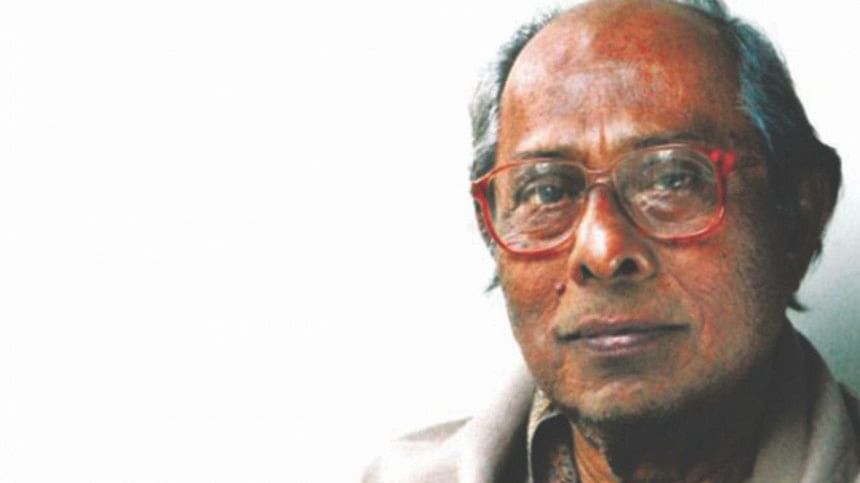Hasan Azizul Haque

Considered as one of the most beloved short story writers of contemporary Bangla literature, Hasan Azizul Haque was born on February 2, 1939 at Jabgraam in Burdwan district of West Bengal, India. However, his parents later moved to Fultala, near the city of Khulna, Bangladesh. Hasan Azizul Haque was and remains one of the most respected and beloved professors of Rajshahi University, even after his retirement from its Department of Philosophy.
Even as a child, Hasan Azizul Haque felt the pull of literature, and during his school days, he penned several short stories. In 1960, while still a university student, he decided to turn his passion for writing into a full-time career. This turned out to be a blessing for readers, as Haque's works on issues like nationalism, philosophy and criticism of Bangali literature have, over the years, formed a considerable body of canonical literature. Even today, a new fiction by Hasan Azizul Haque shakes up the literary scene in both Bangladesh and West Bengal.
Starting from a childhood in a rugged West Bengal village to his migration to then East Pakistan in 1947 to his education and stint in Leftist politics, Hasan Azizul's life is as full of nuance as his fiction.
Haque is well known for his experimentations with language and for introducing certain modern idioms, particularly in the genre of short stories. In over 50 years of an illustrious literary career, he has written short stories that have given life to an exquisite form of literary language hitherto unknown. His fictions deals with themes such as the indescribable suffering of farmers and working class people, the dehumanising effects of the partition and the ensuing communal violence, the deterioration of values, unfulfilled promises of the Liberation War, and the distress and resistance of working class women. His first published volume is Samudrer Swapna, Shiter Aranya (1964). Among other notable volumes are: Atmaja o Ekti Karabi Gaachh (1967), Jeeban Ghase Agun (1973), Pataale, Haspataale (1981), Ma Meyer Sansar (1997), Raarbanger Golpo (1999). The realities of the Liberation War of Bangladesh are expressed with great artistry in Namhin Gotrohin (1974). He has also written two volumes of essays, Kathakataa (1981), and Aprakasher Bhaar (1988).
His views about the creative process of writing fiction are illuminating and challenge all rules prescribed by any school of criticism, as can be seen in his autobiographies, Fire Jai Fire Ashi and Uki Diye Digonto.
Hasan Azizul Haque has received almost all the major awards of the country including the Bangla Academy Award, Druhee Katha-Shahityak Abdur Rouf Choudhury Memorial Award, Adamjee Sahitya Puroshkar, Lekhok Shibir Puroshkar, Alaol Sahitya Puroshkar, Alokto Sahitya Puroshkar, Agrani Bank Puroshkar, Philips Sahitya Puroshkar. He was also awarded Ananda Puroshkar for Agunpakhi in 2008. He is also a recipient of the Ekushey Padak.
Hasan Azizul Haque was the second Bangabandhu Chair of the Department of History, Dhaka University.

 For all latest news, follow The Daily Star's Google News channel.
For all latest news, follow The Daily Star's Google News channel. 



Comments